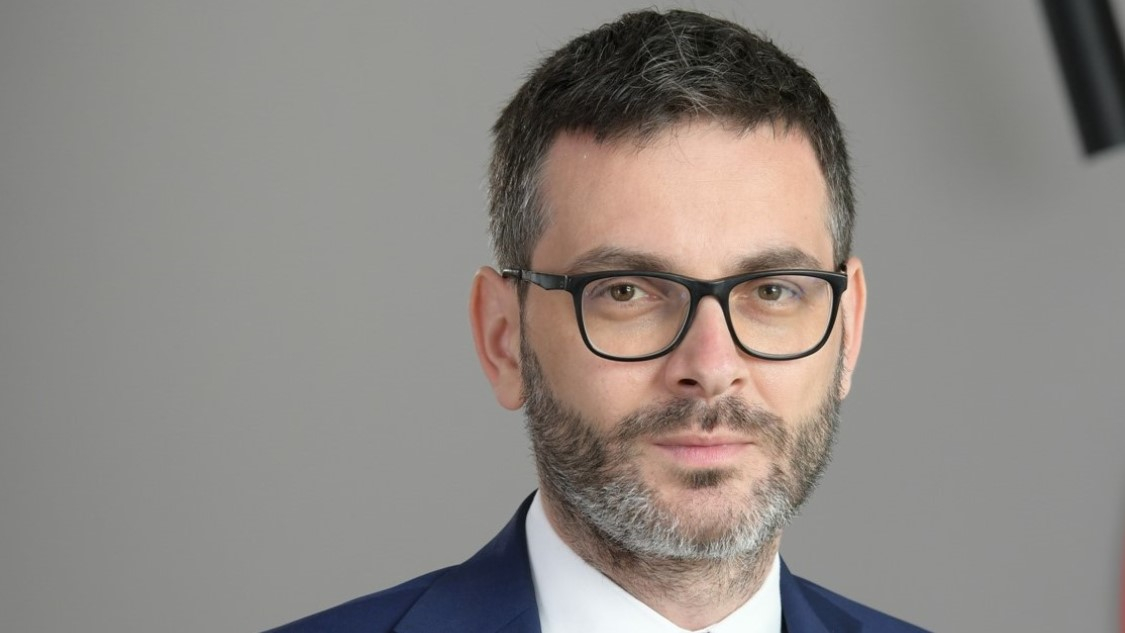
With interest rates forecasted to decrease across Europe in 2024, real estate investment activity is set to increase in Romania as well as in other countries in the region. Andrei Văcaru, Head of Capital Markets CEE at iO Partners talked to Property Forum about the movers and shakers of the Romanian investment market.
Andrei Văcaru is a speaker at this week’s CEE Property Forum 2023 in Vienna where he’s joining a panel discussion on investment trends.
What segments are driving deal-making in Romania this year?
With offices facing headwinds and lower investor confidence because of the structural challenges led by fundamental changes in the way we work since the pandemic, industrial and retail are driving the real estate investment market in Romania as well as in most of the CEE region. The industrial & logistic segment benefits from strong market fundamentals and therefore we continue to see sustained interest at the right price. Ongoing transactions vary from larger M&A deals and single assets to sales and leasebacks. Retail (and especially retail parks) is gaining momentum due to several factors including strong performance in 2022 and especially 2023, sustainable rental levels and the fact that there is less of a need for price adjustment considering the yield evolution since the pandemic.

Andrei Văcaru
Head of Capital Markets CEE
iO Partners
What are the strong points of Romania as an investment destination for property companies?
Romania is still on a strong economic growth path for the medium and long term. After a GDP increase of 4.8% in 2022, the pace of growth is projected to be slower in 2023, with estimates ranging up to 3.2%, but maintaining the country amongst EU top performers, as it has constantly been over the last years. This growth generates the need for better and more real estate products in all segments. Yields are attractive, offering significant spreads to all other EU countries except Bulgaria and rents are still relatively low. The tax environment is friendly towards investors. The appetite for financing the real estate sector remains healthy, especially for prime income-generating assets, although banks have become more selective.
What will happen with the transaction market during 2024 in Bucharest considering that we will have a limited pipeline of new developments?
Currently, interest rates are the main factor impacting liquidity. There is a consensus that rates will be peaking in 2023 and markets are forecasting that the ECB will start cutting rates by mid-2024 and the central banks in CEE even sooner. Therefore, I expect real estate investment activity to increase next year in Romania as well as in the other countries in the region. The overall economy is also predicted to perform better in 2024. There are many risk factors heading into next year but also a potentially huge benefit for CEE in case Ukraine manages to achieve a favourable end to the war. In this context, I think the limited pipeline of new developments within the Bucharest city limits will have little effect on the transaction market. The segment of commercial real estate that has probably been most impacted by the City Hall’s restrictive stance in terms of issuing new permits is office and it is likely to benefit from the lack of new supply in a market that is already challenging from an occupational perspective.
Is the real estate transaction market in Romania going through a price rediscovery process?
Like everywhere else, it is. Repricing in much of Western Europe was faster and more vigorous. But the need for yield decompression seems to be softer in Romania given the high starting point following a less aggressive downward evolution in 2021 and 2022. We expect to have significant new benchmarks before the end of this year in all market segments, offering investors reliable data points for pricing levels locally and not only by comparison with opportunities and transactions in other geographies.
What is your outlook for prime yields in Bucharest’s commercial property sector in the next 12 months?
We quoted prime yields at the end of Q2 at 7.5% for office, retail and industrial. Based on current transactions, we may see some small additional increases before the end of the year and then expect prime yields to be mostly stable in 2024 in line with the rest of CEE and EMEA.



